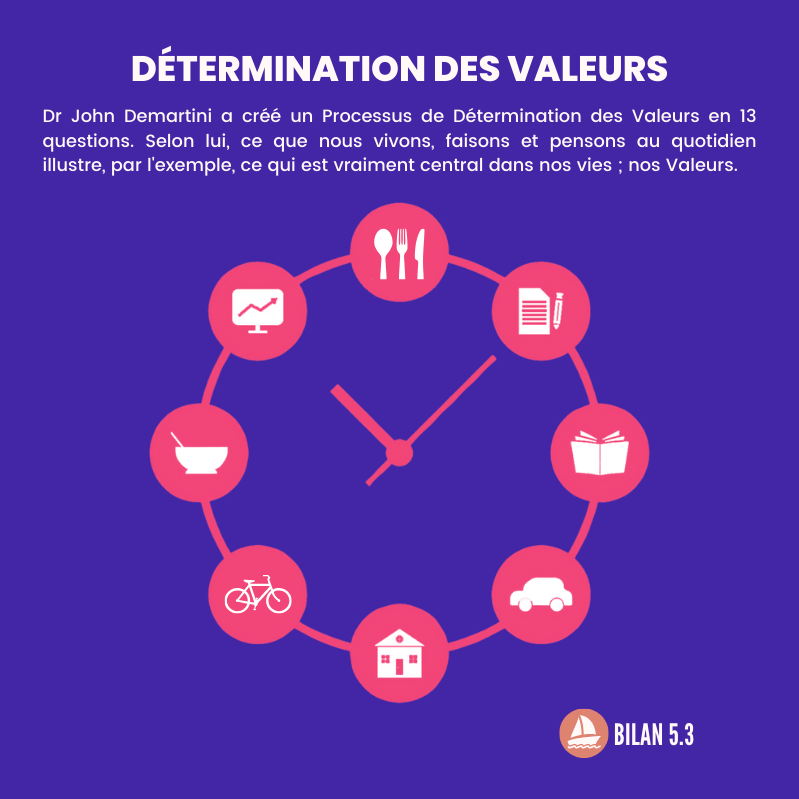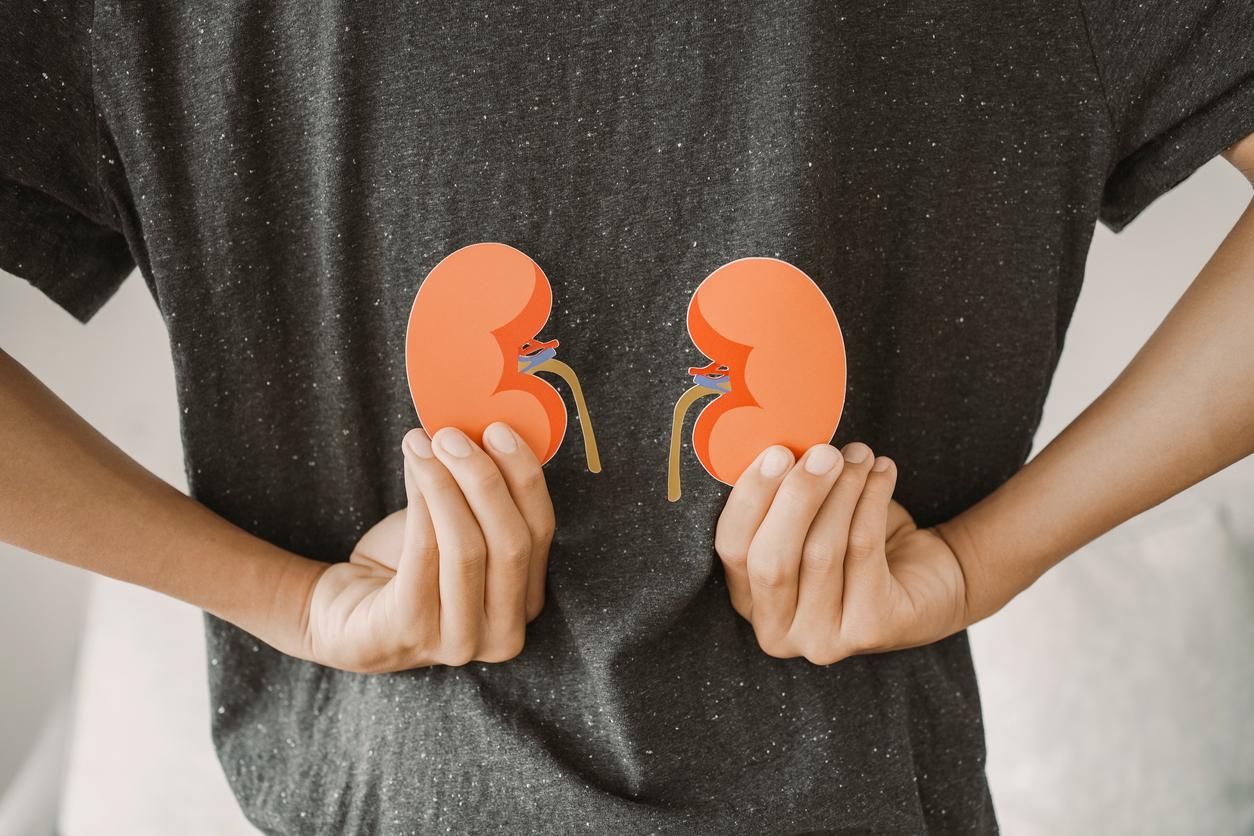
In life or after death
Patients whose kidneys no longer function adequately need a new kidney. That is only possible if other people donate a kidney. This can be done both during life and after death. Plus Health asked nephrologist (kidney specialist) Chris Hagen five questions about kidney donation.
1. Can anyone donate one of their kidneys after death?
“If someone dies and the heart stops, the condition of the kidney very quickly because no more blood is pumped through it. To be able to use a kidney for a transplant, the kidney must not have been inoperative for more than half an hour. Within that half hour, the kidney must be supplied with blood or fluid again.
In organ donation after death, we distinguish between two types of donors: the heart-beating donor and the non-heart-beating donor. When a patient is brain dead, the heart and blood circulation are still intact. As a result, the kidney does not deteriorate and can be used for donation.
When we use a kidney from a non-heart-beating donor, action must be taken within half an hour of death. In this way we can prevent the condition of the kidney from deteriorating.
Of course, for a transplant after death, permission must be given by the deceased or his next of kin. The age of the deceased also plays an important role: the kidney must still be of good quality. The kidney is also not used in certain conditions, such as metastatic cancer.”
2. You sometimes hear that someone has donated a kidney during their life. Can anyone do that?
“Also for donating a kidney at life its conditions. However, these conditions are becoming less and less and living donation is also becoming more common. The two most important conditions are, of course, that the donor has two perfectly functioning kidneys and no kidney disease. In addition, the kidney must match the recipient. Blood type plays an important role in this, but doctors can now also work around it.
We call that ‘transplanting through the blood group’. In this way it is sometimes possible for someone with different blood groups to receive a kidney from another person. The antibodies are captured, so that the recipient’s body does not reject the kidney. This method has been fairly successful and is being used increasingly.”
3. What about crossover transplantation?
“Cross-overtransplantation is also a possibility if the blood type of the donor and recipient are not the same. The donor cannot donate his kidney directly to the recipient, but he can donate his kidney to the recipient of another couple. You can think of this as swapping of the kidneys. Both donors donate a kidney to the recipient of the other couple. This way of transplant has been around for several years now and has proved quite successful.”
4. What are the consequences if you donate a kidney?
“As a kidney donor, you naturally have to endure an operation. There is a small chance of complications with that operation and a minimal chance of death. The latter is rare, but the chance is not zero.
Research shows that there are hardly any medical problems among donors. Sometimes a donor has a little bit of scar pain, but otherwise there are generally no consequences.
A donor does, of course, lose a part of the reserve. There is little chance that something will happen to his remaining kidney, but if something does happen, it is problematic.”
5. Does someone who donates an organ while living get paid for his organ? Are the expenses reimbursed?
“In principle, in the Netherlands, you do not get paid for organs. The transplant system is based on a win-win situation: both the donor and the recipient have something to gain. For the donor, this mainly lies in improving the recipient’s quality of life. This is generally most pronounced with partners, but family members and even strangers also see improving one’s life as gain.
The health insurance reimburses the transplant. After all, they benefit from it. In the long run, a transplant is cheaper than dialysis and the patient’s quality of life improves considerably. In addition, there are support programs from, for example, the Kidney Foundation for other expenses that are incurred, such as travel costs and loss of labor.”
Chris Hagen is an internist-nephrologist and heads the dialysis department at the Meander Medisch Centrum Amersfoort. He is also chairman of the quality section of the Dutch Federation for Nephrology.













